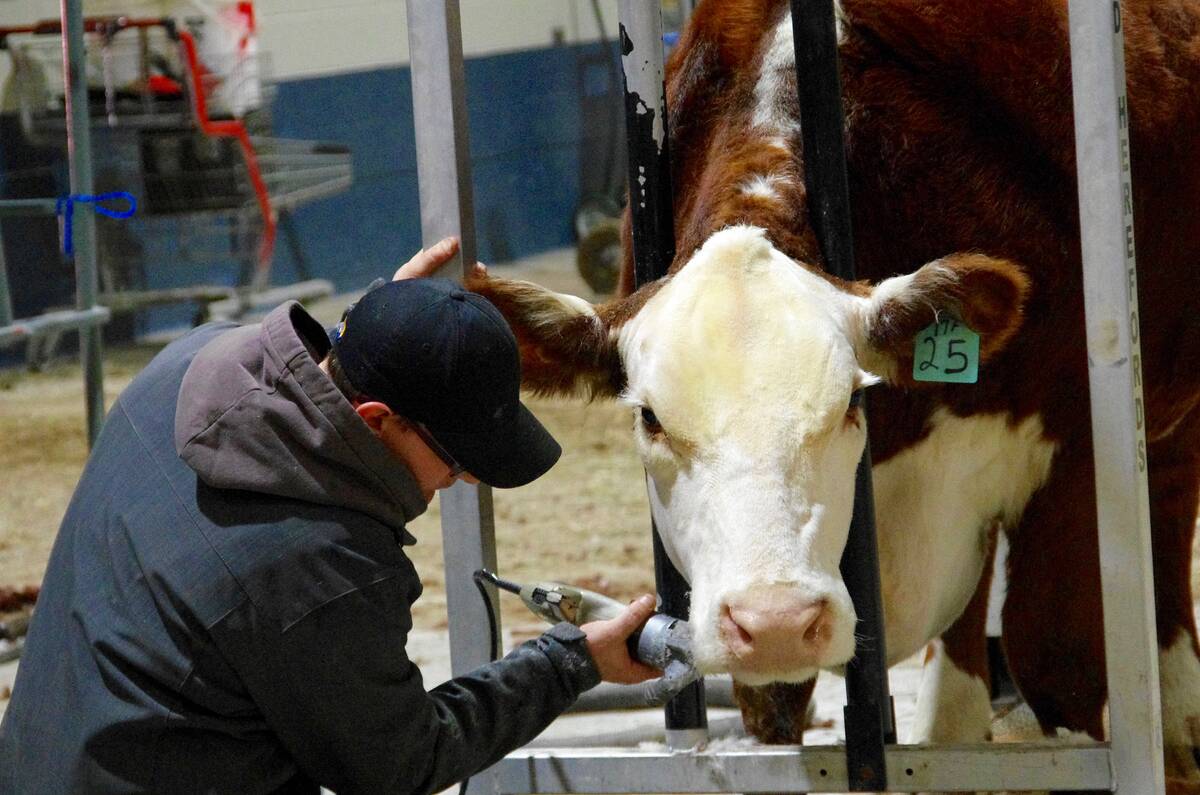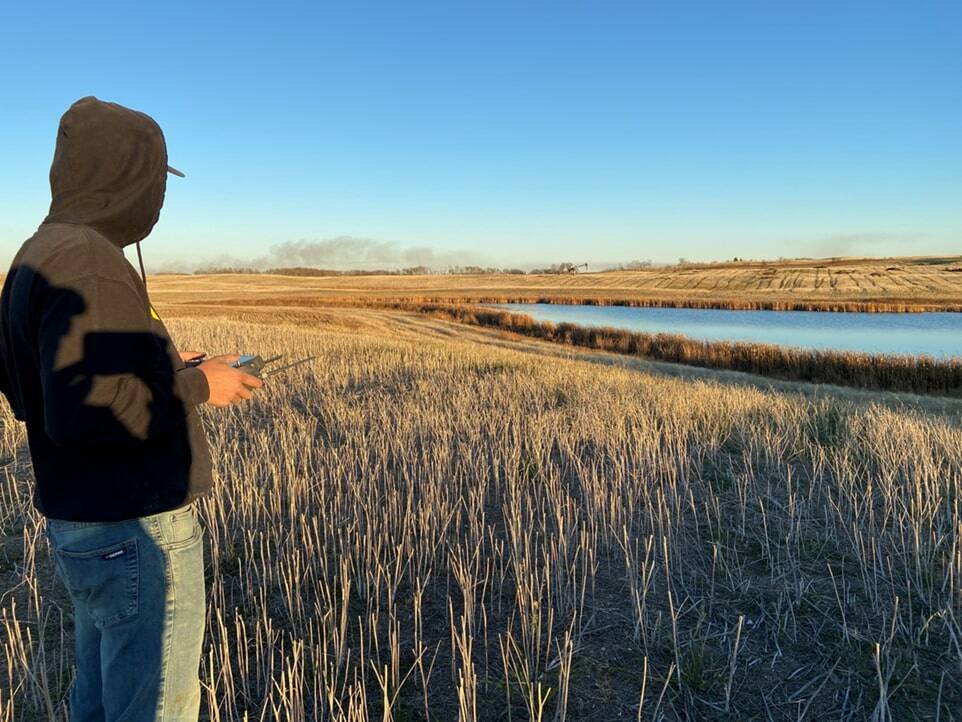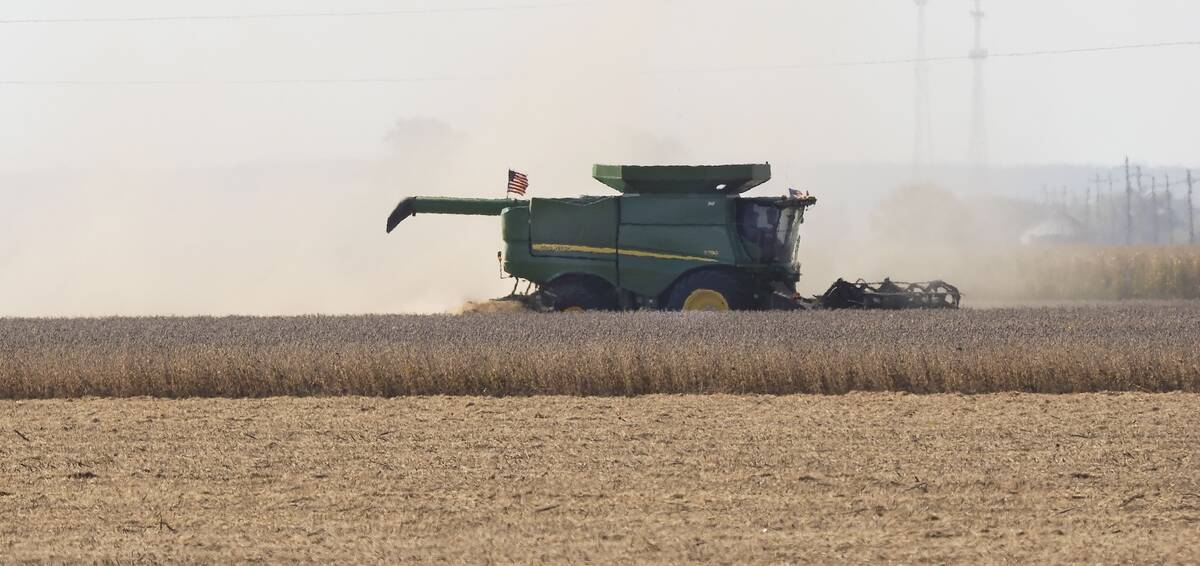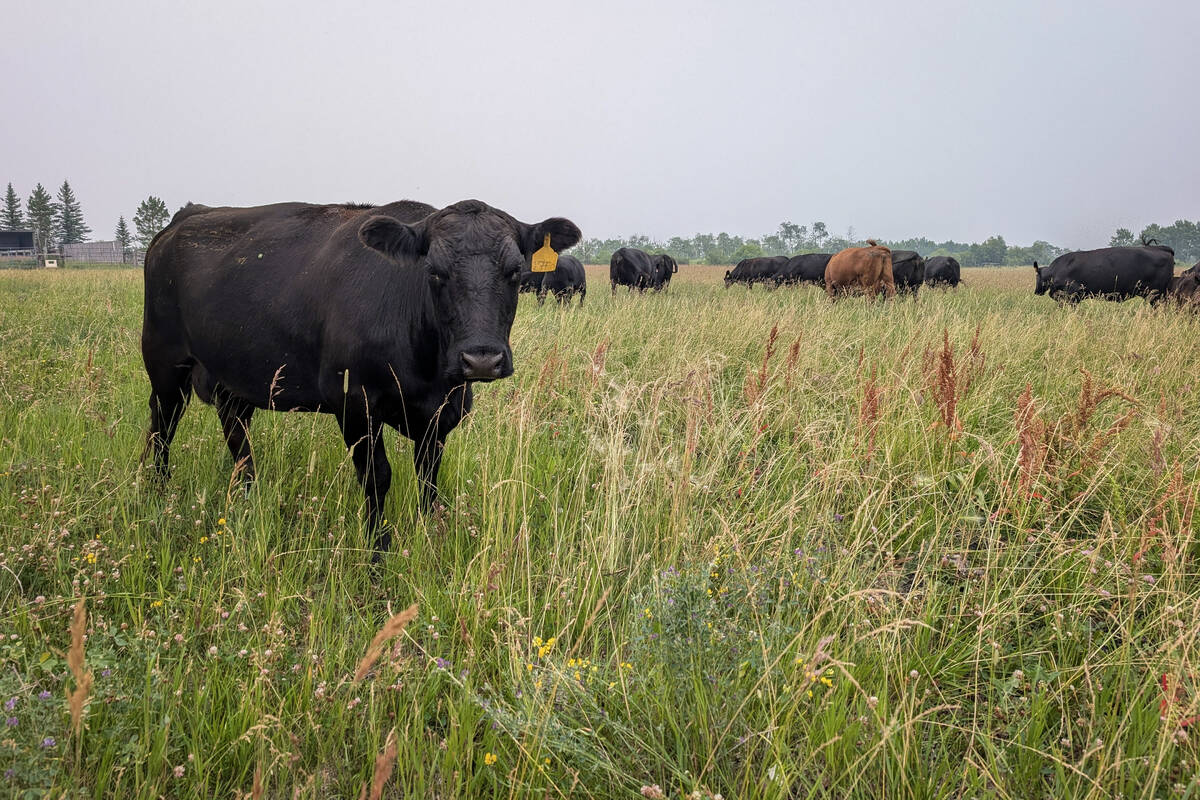
Manitoba AG EX 2025 to feature expanded sheep events
This year’s Manitoba AG EX returns to Brandon’s Keystone Centre Oct. 9-Nov. 1. Here are the highlights expected from the…

This year’s Manitoba AG EX returns to Brandon’s Keystone Centre Oct. 9-Nov. 1. Here are the highlights expected from the…

Dormant seeding a hay stand can free up time in early 2026 and give forage a head start against spring…

The U.S.’s global trade advantage on agriculture products is eroding and the deficit is expected to grow, says a University…

Canadian Cattle Association cites little effort to fix ‘non-tariff barriers,’ which they say have already been a problem for getting…
Canadian agriculture is at a pivotal moment as geopolitical, trade, economic and environmental issues are creating tension in the agriculture…
Manitoba Agriculture issued its final crop report of 2025, showing the overall provincewide harvest at 97 per cent complete as…
U.S. President Donald Trump is calling on cattle ranchers to lower prices